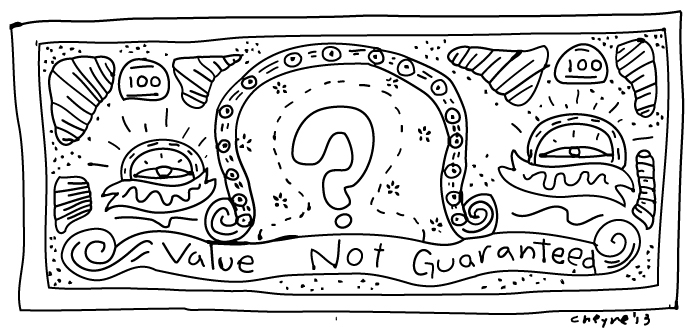 Recently, President Barack Obama proposed in his Feb. 12 State of the Union Address raising the minimum wage from $7.25 an hour to $9. This 24 percent pay increase will grab the attention of both working and non working citizens, but economists feel uneasy about this proposal—simply because it’s not a good idea.
Recently, President Barack Obama proposed in his Feb. 12 State of the Union Address raising the minimum wage from $7.25 an hour to $9. This 24 percent pay increase will grab the attention of both working and non working citizens, but economists feel uneasy about this proposal—simply because it’s not a good idea.
One essential law of economics—the law of demand—states that when the price of anything including labor increases, the quantity of demand will decrease. In other words, if the federal minimum wage goes up (the price of labor)more employees will be laid off to cut cost (decrease in demand).
Consider Washington state, where the minimum wage has been $9.15 an hour since 2012. According to the Washington Restaurant Association, the law makes the state less competitive for both big and small businesses. As a result, Census Bureau data shows that food outlets statewide employ three fewer workers than the national average.
Washington and California both have the similar stats on cost of living expenditures: housing, 30 percent; food and groceries 15 percent; transportation, 10 percent; utilities, 6 percent, health care, 7 percent; and miscellaneous expenses at 32 percent.
The problem with the economy is not the minimum wage, it’s people spending too much on luxuries rather than spending responsibly.
In Obama’s speech, he said, “no one who works full-time should have to live in poverty,” and believes “this single step would raise the incomes of millions of working families.”
Currently, the unemployment rate in the U.S. stands at 7.7 percent. California is at 9.8 percent for the second month in a row, in a tie with Rhode Island for having the worst unemployment rate in the U.S.
If the president truly wants to raise the income, he should keep minimum wage the same and encourage citizens to stop binge spending to save money.
To bring this issue closer to home, think of the section of minimum wage workers: college students. Finding a job as a college student is difficult enough, since juggling a full load of classes and work is no walk in the park. Let’s not make things harder on ourselves by giving employers another reason to lay off workers.
Christopher Thornberg, a founding partner at Beacon Economist said “this modest impact on employment is essentially negligible, most likely to affect teenage workers.”
If this 24 percent pay raise goes into effect, the American job market will fall. People want to work because money translates into shelter, food, gas, and other expenses. Obama needs to consider the economics first rather than just voter sympathy.


